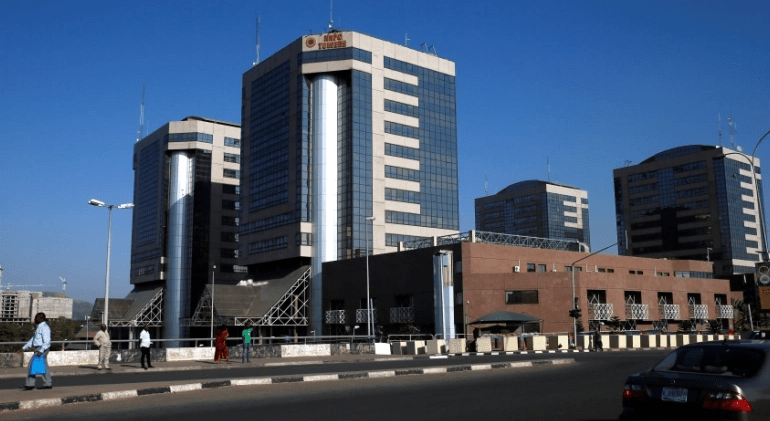* Sets 150 as admission benchmark for varsities, 100 for polys, CoE
Kuni Tyessi in Abuja
The Federal Government has declared that any admission into tertiary institutions conducted outside the Central Admissions Processing System (CAPS) remains illegal.
It has also pegged 150 for university admissions, while 100 is for polytechnics and Colleges of Education in the 2025-2026 admission.
The Minister of Education, Dr. Tunji Alausa, gave the directive in Abuja on Tuesday at the 2025 policy meeting of the Joint Admissions and Matriculation Board (JAMB).
Alausa, therefore, warned universities, polytechnics and colleges of education across the country against illegal admission, adding that institutions and individuals involved in such practices would be prosecuted and severely sanctioned.
“Any admission conducted outside CAPS, regardless of its intentions, is illegal. Both institutions and the candidates involved in such practices will be held accountable.
“Sanctions may include withdrawal of institutional assets and prosecution of culpable officers or governing council members,” he said.
CAPS, introduced in 2017, automates the admission process to eliminate human interference and administrative bottlenecks.
Alausa, however, reiterated the government’s commitment to strengthening transparency, fairness and accountability in the nation’s tertiary education system.
He explained that while the responsibility for initiating admissions rests with the academic boards of each institution, JAMB, as a statutory regulatory body, is mandated to oversee and regulate the process to ensure fairness and equity.
The minister urged vice-chancellors, rectors, provosts and governing councils to intensify oversight functions to prevent unauthorised practices.
He assured Nigerians that the ministry would monitor compliance closely in collaboration with JAMB.
The minister also reaffirmed the policy mandating the integration of the National Identification Number (NIN) into the JAMB registration process.
“The NIN requirement has proven vital in safeguarding the integrity of our admission system by curbing identity fraud and multiple registrations. Any abuse of the NIN system will be identified and punished,” he said.
He highlighted the need for data-driven policies in the admission processes.
The minister also presented statistics showing a mismatch between available admission quotas and actual student intake across many programmes, especially in agriculture, education, engineering, and the health sciences.
“We have capacity, but we are not admitting enough students. We need to start closing the gap so that more children can access tertiary education,” he said.
He also criticised the proliferation of underutilised institutions, revealing that over 120 universities in Nigeria received fewer than 50 applications in the current admission cycle.
“The problem is not about access; it’s about alignment and capacity. We don’t need to open new tertiary institutions in every ward. Instead, we must expand and strengthen the capacity of existing ones,” he said.
On his part, the chairman of the Senate Committee on ICT and Cybersecurity, Shuaib Salisu, called for stricter sanctions against institutions and administrators who undermine Nigeria’s admission process.
Mr Salisu proposed the criminalisation of fraudulent admission practices.
He also warned institutions that exploit loopholes in the admissions system, allowing students to unknowingly pursue flawed admissions for years, to desist from such practices.
He assured that the Senate committee would explore legislation to criminalise such fraudulent practices, holding admission officers and institutional management accountable.
Salisu also called for an inclusive education system that drives peace and economic growth.




